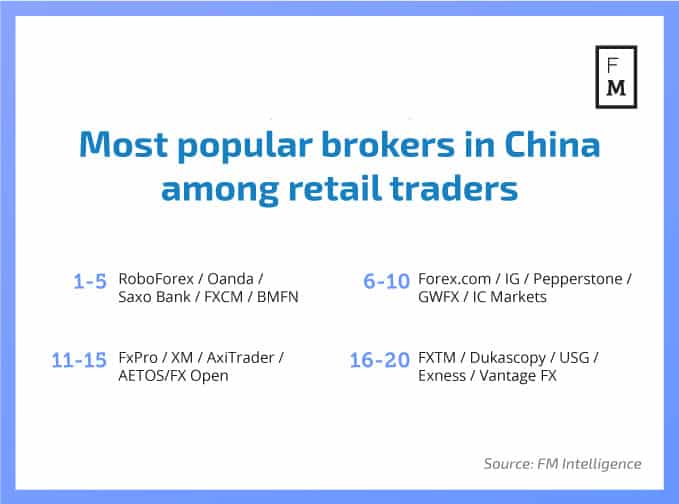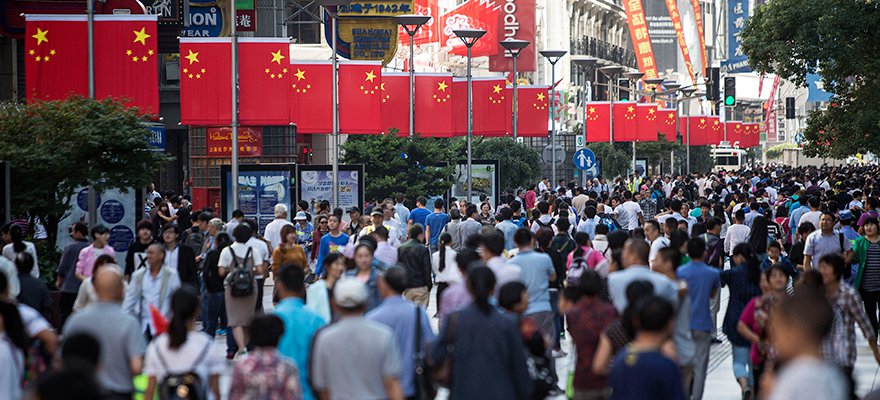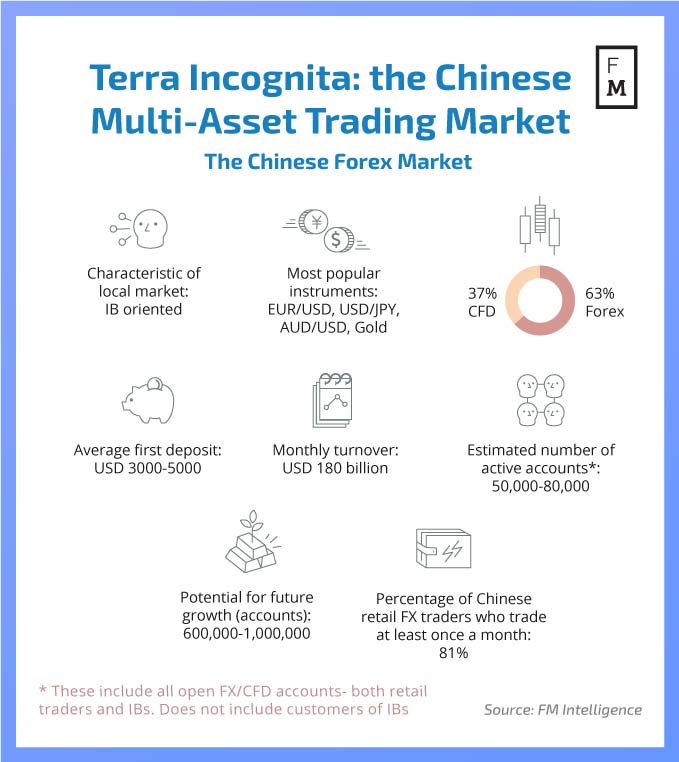China is widely seen as the largest and most untapped market in terms of FX prospects, growth, and future client acquisitions. Despite the country's barriers to entry and recent brushes with bucket shops, the domestic FX market has finally started to mature. Jia Li Tan, the Regional Sales Manager for Greater China at FXPrimus, delves into the Chinese FX scene, offering an exclusive glimpse into what may one day become the industry's most lucrative market.
The London Summit 2017 is coming, get involved!
[gptAdvertisement]
What is the first step a broker should take in order to expand into China?
The first step is to know what you are dealing with – the Chinese market is a mature and a complex one. As many traders and partners in China have had negative experiences with unregulated and unethical brokerages, it’s absolutely critical that the broker be familiar with the demands of the market prior to entry.
It is important to take the time to research the Chinese market
Therefore it is important to take the time to research the Chinese market – what do they want and what do they not want? What has hurt them in the past? What assurances can you give them and how are you differentiated from other brokerages that have acquired negative PR in China?
Any time or money spent in thoroughly getting to know the market prior to entry will certainly pay off in the long run. Ultimately, if the broker understands the needs of the customer, this will give confidence and inspire trust.

What’s the biggest misconception Westerners have about doing business in China?
China is perceived as the ‘promised land’ for brokers who are looking to increase revenues and profitability. However, just because China has the world’s largest population doesn’t mean that success is guaranteed for Western brokerages trying to tap into the market.

Jia Li Tan
China is not necessarily a huge money pot waiting to be tapped as it is a tough and complex market of investors who – not unlike investors anywhere else in the world – are extremely protective and cautious over their hard-earned funds.
Contrary to popular belief, there are no get-rich-quick schemes with guaranteed happy endings in the Chinese market. Western brokers must proceed with caution, while also aligning with the right local players to help guide and lead them into the market, and who fully understand the local clientele.
Chinese clientele are getting smarter to the bucket shops that have pervaded the FX scene
What current trends do you see in the Chinese forex market?
The Chinese market is becoming increasingly mature, and in the last few years there appears to have been a cleaning up of small, unregulated brokers. Chinese clientele are getting smarter to the bucket shops that have pervaded the FX scene, and now there are many new brokers from New Zealand and Australia filling the gap.
We see and feel the presence of these new firms owing to generous marketing budgets and a strong online and offline presence. However, such new firms have limited experience on the Risk Management side given how new they are to the market, and as a result, they aren’t necessarily offering the safest environment to clients and partners, in my view.
What are the most lucrative assets that Chinese traders seek?
Chinese investment behavior shows a bias towards property, which in the big cities particularly is a sure-fire appreciating asset. This more traditional attitude towards investment spills into the trading environment where we see Chinese traders’ preference for stocks and futures, as opposed to the new, trendy Cryptocurrencies .
I’d say that only more recently has FX become more popular as a tradable instrument, combined with indices, commodities and energies, which are also increasing in popularity owing to the low spreads on these instruments.

Bloomberg
How should one handle local press issues when things go wrong?
My first and most important suggestion is to not avoid the issues. If a broker is exposed to negative PR, it’s most important to give immediate feedback to your traders and to your partners in order to inform them of the situation and give them the opportunity to review the facts before they hear the news from another source.
Be honest. In a market, which values trust and transparency, your clients will want to hear the news from you and not from anywhere else.

In your experience, are Chinese traders more sophisticated and 'toxic' than Western traders?
I would personally view our Chinese traders as a more mature market. They have been exposed to the very best and the very worst of global brokerages, and are both savvy and wary of new entrants. I would not describe Chinese traders as ‘toxic’, however they are certainly a strong and profitable group who understand the workings of the market and of the brokerages who operate within it.
We see this as a strength and we like that. As an STP brokerage, we encourage our traders to be profitable, and aim to empower our clientele with the tools to become successful.


















